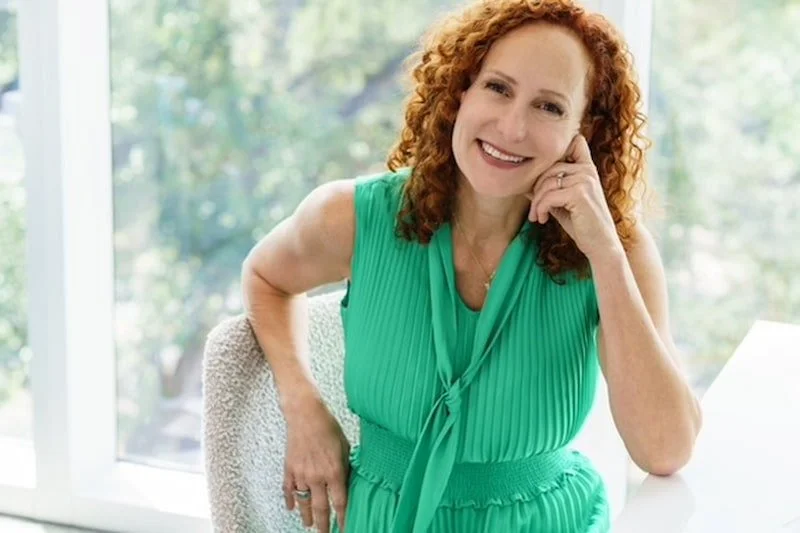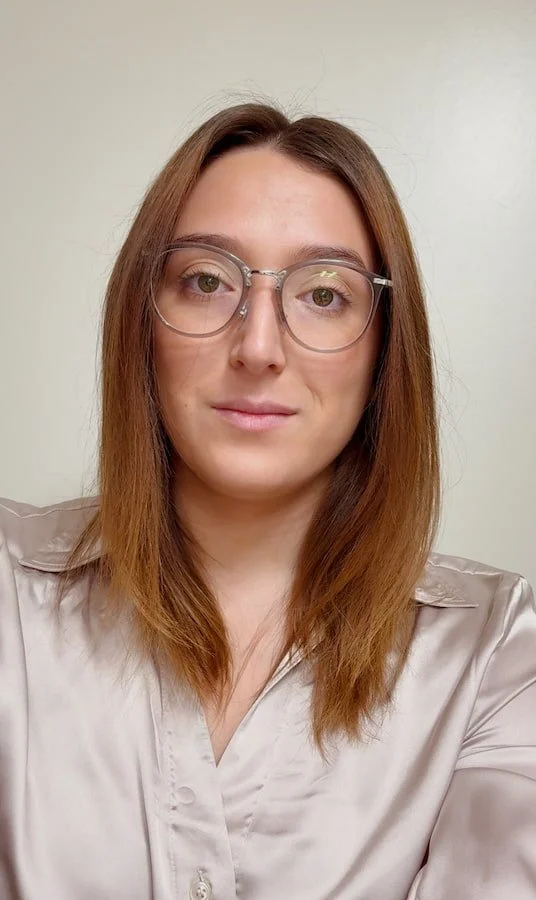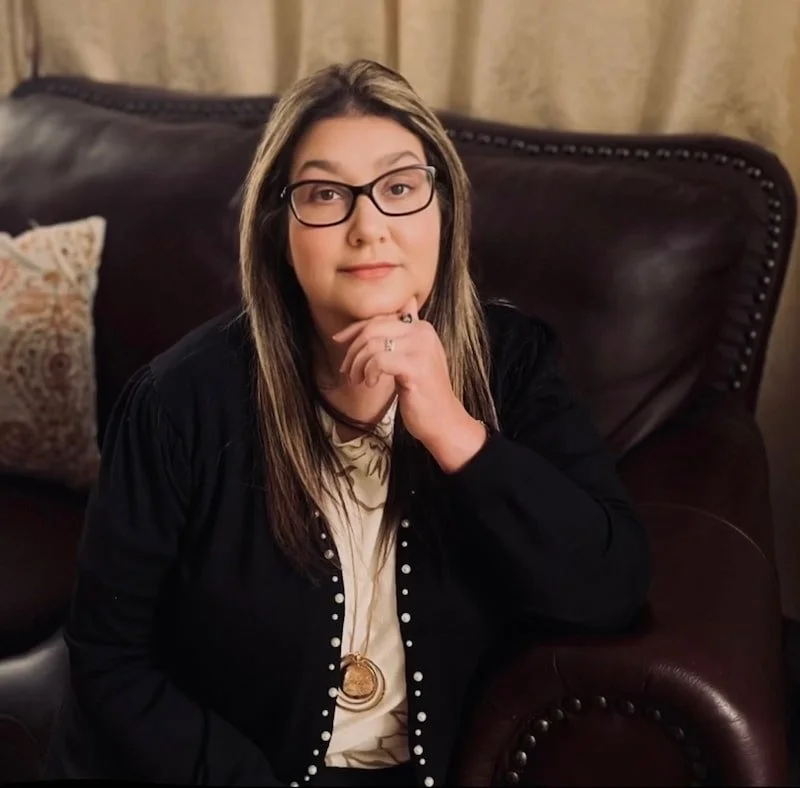
Autism Treatment
Are You Concerned About Your Or Your Child’s Development?
Do you worry that your child is not meeting certain milestones or interacting with others as expected?
Or are you an adult that has always found it difficult to understand what others are thinking or feeling, causing you to feel anxious in social situations?
Have you ever considered if Autism Spectrum Disorder (ASD) is at the core of your or your child’s struggles?
No matter their age, those living with autism tend to struggle with socialization and communication. Unable to fully understand and identify with the emotions of their neurotypical peers, people with autism can end up feeling frustrated, isolated, and overwhelmed by the demands of a neurotypical world.
Common Signs Of Autism In Children
ASD typically starts presenting at an early age. If you are the parent of a young child or adolescent who has demonstrated developmental delays, you may wonder if your child is on the spectrum. Perhaps they have a hard time picking up on social cues, including not responding when their name is called or struggling to make eye contact. Maybe they’re not even communicating at all, or it took them a long time to begin talking as a toddler.
Instead of being present and aware, you may feel as though your child lives in their own world. Within this world, there is likely a sense of rigidity and hyperfocus on certain topics or hobbies. They may demonstrate ritualistic behaviors, including rocking, hand waving, or echolalia, in which they repeat words like an echo.
Whether or not a diagnosis of autism is present, counseling can be a valuable way for children with ASD to enhance their social, communication, and executive functioning skills.
The Experience Of ASD Changes As Individuals Grow Into Adulthood
Alternatively, you may be an adult who has or suspects a diagnosis of autism. Because it has always been challenging for you to connect with others, you may have a hard time sustaining friendships or romantic relationships and regulating your emotions in social situations. It’s possible that others have commented on how “obsessed” you are with certain subjects, especially because you find it hard to generate conversations on topics that don’t captivate your interest. As a result, you may be feeling frustrated and lonely because you feel so othered by those around you.
We are here to tell you that there is nothing damaged or broken about you—your brain simply works differently. Working with the neuro-affirming therapists at Broward Therapy Group, you can learn to accept and celebrate your unique experience of autism.
Recent Posts
Do you have a question or want to schedule an appointment ? Send us a message
What Is ASD?
Our understanding of Autism Spectrum Disorder and neurodivergence in general is expanding every day. Once characterized as different conditions including Autism, Asperger’s Disorder, and Pervasive Developmental Disorder, we now understand that all of these conditions exist on the spectrum of ASD.
The cause of Autism Spectrum Disorder remains unknown, but some theories suggest that differences in the structure of the central nervous system lead to deficits in executive functioning skills. Autism is a lifelong neurodevelopmental disorder with no cure, though treatment can significantly improve certain behaviors, enhance stress regulation skills, and promote an overall better quality of life.
A Spectrum Of Experiences Makes It Difficult To Characterize And Treat ASD
ASD is often identified by the time a child reaches toddlerhood. This is around the time when parents begin to notice communication and relational differences in their children, including social avoidance, a refusal or inability to speak, and resistance to affectionate behaviors like cuddling. Occasionally, children with autism demonstrate extraordinary talents in art, music, or other specialized areas.
Yet, the experience of autism exists on a spectrum by nature, which is why there is no universal characterization for ASD. Many times, the symptoms between boys and girls differ, which is why many women don’t receive a diagnosis until adulthood. And in cases where symptoms are not considered severe or behaviorally detrimental, those living with ASD may be considered “odd” or socially awkward rather than neurodivergent.
Our world is strictly set up for a neurotypical experience of life, which is why ASD is often closely associated with (or misdiagnosed as) Obsessive Compulsive Disorder (OCD), Attention-Deficit/Hyperactivity Disorder (ADHD), high anxiety, and challenges with self-regulation. Clinicians often treat experiences of neurodivergence through a neurotypical lens, leaving children and adults alike without proper, affirming treatment for autism.
At Broward Therapy Group, we specialize in neurodivergence and executive functioning disorders of all kinds, offering treatment to children, teens, and adults living with autism.
Treatment For Individuals Living With Autism Spectrum Disorder Is Available Through Broward Therapy Group
Our therapists understand that years of forced compliance, over-correction, rigid therapies, and neurotypical methods have likely caused distress, so we begin the therapeutic process from a place of acceptance and connection. Our clients with autism are amazing individuals who have faced plenty of adversity in their lives, which is why we seek to empower their strengths—rather than “fix” their behaviors.
Once we get a sense of your or your child’s presenting concerns, you will be placed with a neuro-affirming therapist who will help you find ways to make life with autism more manageable.
What To Expect
If there is not yet a diagnosis of ASD present, we will begin therapy with a thorough evaluation to determine whether you or your child meet the criteria for autism. With that diagnosis, you will be able to chart the path forward toward life-changing accommodations that can immensely improve your or your child’s experience at home, work, and school.
From there, our therapists will work to heal trauma related to neurodivergence. We want to help you understand how your unique brain works, why it is not “broken,” and how its innate strengths can be used for a more calm, enjoyable experience of the world around you. Using a range of verified behavioral treatments—including Cognitive Behavioral Therapy (CBT), Dialectical Behavior therapy (DBT), and Acceptance and Commitment Therapy (ACT)—we will help you reduce distress and understand how autism has impacted your emotional response.
In addition, creative approaches (including play and art), collaborative problem-solving techniques, Relationship Development Intervention (RDI), and Motivational Interviewing will be used to enhance interpersonal communication and expression. And though treatment is customized to the needs of each client with autism, we will engage the DIR/Floortime model to help you or your child understand and reach developmental milestones.
Providing Additional Support To Parents
As the parent of a child with autism, we want to extend the treatment process to you as well. We understand some of the stress involved with parenting a neurodivergent child, so we will work with you to develop an in-home plan, customized to strengthen your child’s communication, behavior, and social skills. Elements of this plan will also be useful for any school-based educational accommodations/plans they receive.
You don’t have to be limited by your experience of ASD—it’s possible to achieve the goals, relationships, and vision you want for your life as you enhance your ability to overcome autism-related challenges. Therapy can help you establish a foundational wellness routine that can significantly improve your or your child’s experience of living with autism.
Perhaps You Have Questions About Whether You Or Your Child Will Benefit From Treatment…
Are you able to perform a psychiatric evaluation or prescribe medication for autism?
While we are able to make a diagnosis of ASD based on current criteria, we do not provide extensive psychiatric evaluations or prescriptions for medications in treatment for autism. If those interventions are something you’re interested in, let us know and we can refer you to a trusted specialist.
Can my child with autism have a normal life?
Yes, those on the spectrum can cultivate skills over the course of their lives to improve executive functioning at every stage. The role of a therapist is to continually assess and reassess your child’s autism-related challenges and behaviors as they grow, educating you on the supports that will help them thrive. This does not mean that your child will remain in treatment for autism for life, but rather that you both will be supplied with the tools and information you need to keep reaching important developmental benchmarks.
Therapy can significantly improve your child’s ability to connect, self-regulate, and manage stress, making the prospects of a job, a relationship, and independence all the more promising.
Will treatment help my child with autism fit in with their peers?
Research has shown us that aiming for total and complete assimilation among their peers actually causes increased anxiety and depression in children with autism. As a neuro-affirming therapy practice, we meet our clients with autism where they are, working to increase their social understanding and coping skills. Rather than aiming for assimilation, we focus on practical skills that can help them feel more comfortable in social situations, including joining in, asking for help, initiating tasks, and tolerating discomfort or uncertainty.
I see you don’t offer Applied Behavior Analysis (ABA) in treatment for clients with autism, so what do you do in therapy?
ABA is a highly structured autism treatment approach, often inflexible to the unique strengths and needs of each client. At Broward Therapy Group, we are invested in neuro-affirming, developmentally appropriate counseling approaches that ultimately empower clients to acquire lifelong skills and advocate for themselves.
Chart Your Own Unique Developmental Path
If you suspect or have a diagnosis of Autism Spectrum Disorder (ASD), counseling through Broward Therapy Group helps children, teens, and adults navigate their experience of neurodivergence with clarity and confidence. You can schedule a free consultation to find out more about our approach by contacting us.
















